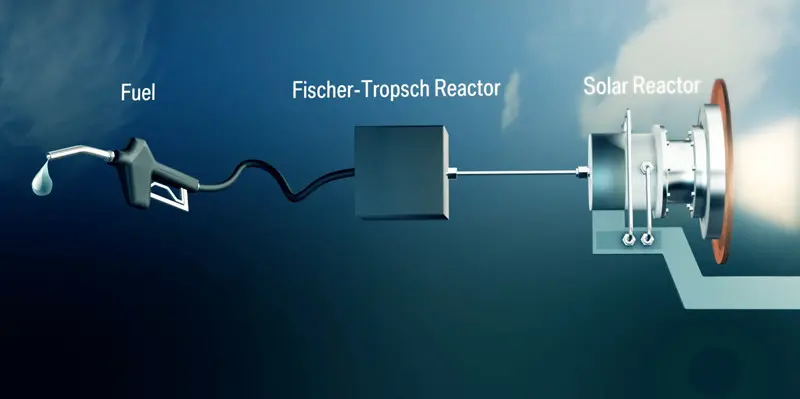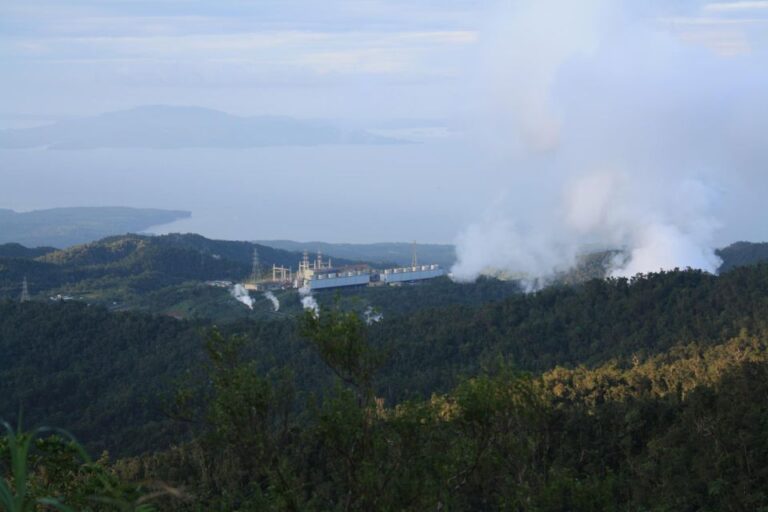The future of aviation could be revolutionised with the first-ever synthesized “solar” jet fuel using sunlight, water and carbon dioxide to produce renewable kerosene.
The EU-funded SOLAR JET process has also the potential to produce any other type of fuel for transport applications, such as diesel, gasoline or pure hydrogen in a more sustainable way.
Several notable research organizations from academia through to industry (ETH Zürich, Bauhaus Luftfahrt, Deutsches Zentrum für Luftund Raumfahrt (DLR), ARTTIC and Shell Global Solutions) have explored a thermochemical pathway driven by concentrated solar energy.
The new solar reactor technology has been pioneered to produce liquid hydrocarbon fuels suitable for more sustainable transportation.
“Increasing environmental and supply security issues are leading the aviation sector to seek alternative fuels which can be used interchangeably with today’s jet fuel, so-called drop-in solutions”, states Dr. Andreas Sizmann, the project coordinator at Bauhaus Luftfahrt. “With this first-ever proof-of-concept for ‘solar’ kerosene, the SOLAR-JET project has made a major step towards truly sustainable fuels with virtually unlimited feedstocks in the future.”
The SOLAR-JET project demonstrated an innovative process technology using concentrated sunlight to convert carbon dioxide and water to a so-called synthesis gas (syngas).
This is accomplished by means of a redox cycle with metal-oxide based materials at high temperatures. The syngas, a mixture of hydrogen and carbon monoxide, is finally converted into kerosene by using commercial Fischer-Tropsch technology.
“The solar reactor technology features enhanced radiative heat transfer and fast reaction kinetics, which are crucial for maximizing the solar-to-fuel energy conversion efficiency” said Professor Aldo Steinfeld, leading the fundamental research and development of the solar reactor at ETH Zürich.
Although the solar-driven redox cycle for syngas production is still at an early stage of development, the processing of syngas to kerosene is already being deployed by companies, including Shell, on a global scale. This combined approach has the potential to provide a secure, sustainable and scalable supply of renewable aviation fuel and more generally for transport applications. Moreover, Fischer-Tropsch derived kerosene is already approved for commercial aviation.








